Teflon, a brand name for polytetrafluoroethylene (PTFE), is a fluoropolymer known for its unique properties, including high heat resistance, chemical inertness, low friction, and excellent electrical insulation. Teflon cables, therefore, offer several advantages over traditional cable materials such as PVC (polyvinyl chloride), rubber, or thermoplastic materials in terms of performance. Here's how Teflon cables compare:
Heat Resistance: Teflon cables exhibit exceptional heat resistance, capable of withstanding high temperatures without significant degradation. This property makes them suitable for applications where cables may be exposed to elevated temperatures, such as in industrial environments, aerospace, or automotive applications.
Chemical Resistance: Teflon is highly resistant to chemicals, oils, solvents, and other corrosive substances. Teflon cables can withstand exposure to a wide range of chemicals without deteriorating, making them suitable for harsh operating conditions where chemical resistance is essential.
Electrical Insulation: Teflon is an excellent electrical insulator, with high dielectric strength and low dissipation factor. Teflon cables provide reliable insulation for electrical wires and cables, reducing the risk of electrical failures, short circuits, or electrical breakdowns even at high voltages.
Low Friction: Teflon has a low coefficient of friction, resulting in smooth and easy cable handling during installation and operation. This property reduces frictional wear and abrasion, prolonging the service life of Teflon cables compared to traditional cable materials.
Weather Resistance: Teflon cables are resistant to moisture, humidity, and environmental factors, making them suitable for outdoor and outdoor-exposed applications. They do not degrade or become brittle when exposed to UV radiation or extreme weather conditions, ensuring reliable performance over time.
Flexibility and Durability: Teflon cables are flexible and durable, capable of withstanding repeated bending and flexing without cracking or breaking. This flexibility makes them suitable for applications that require cable routing in tight spaces or where frequent movement is involved.
Non-Flammable: Teflon is inherently non-flammable and does not support combustion, reducing the risk of fire hazards in applications where fire safety is a concern.
While Teflon cables offer numerous performance advantages, they may also come at a higher cost compared to traditional cable materials. However, the superior performance and reliability of Teflon cables often justify the investment, especially in critical applications where durability, chemical resistance, and electrical insulation are paramount.

 ENGLISH
ENGLISH 简体中文
简体中文 GERMAN
GERMAN SPAIN
SPAIN
 +86 181-5747-1135
+86 181-5747-1135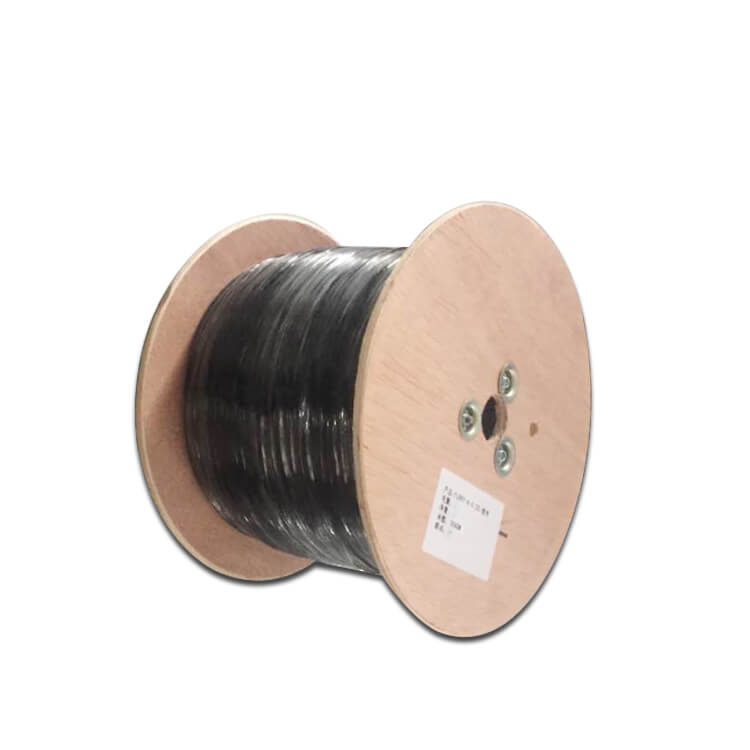
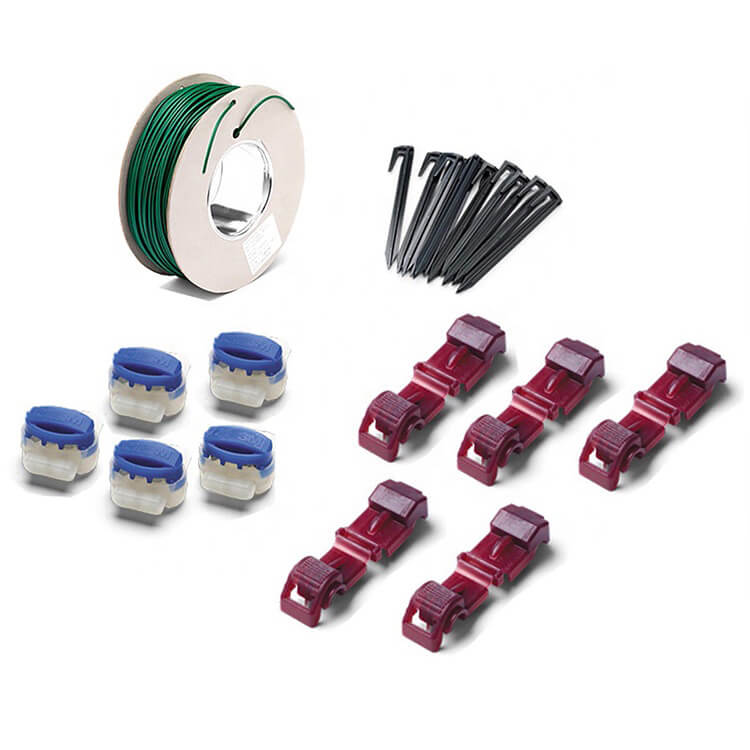
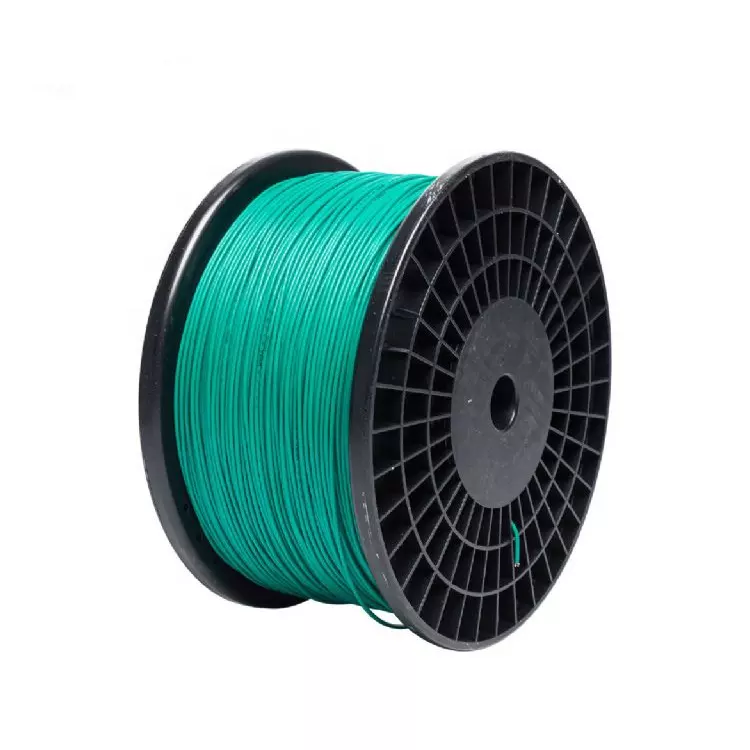



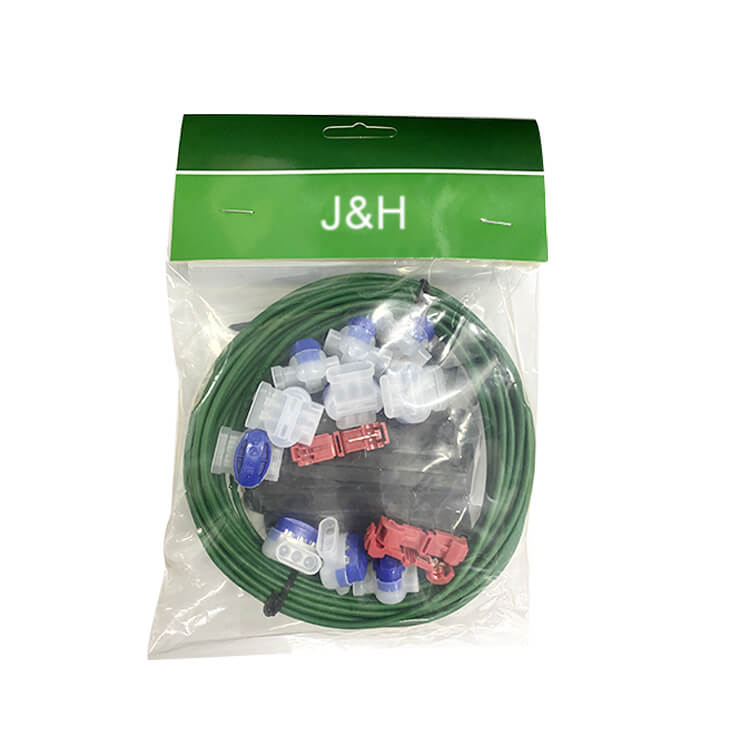
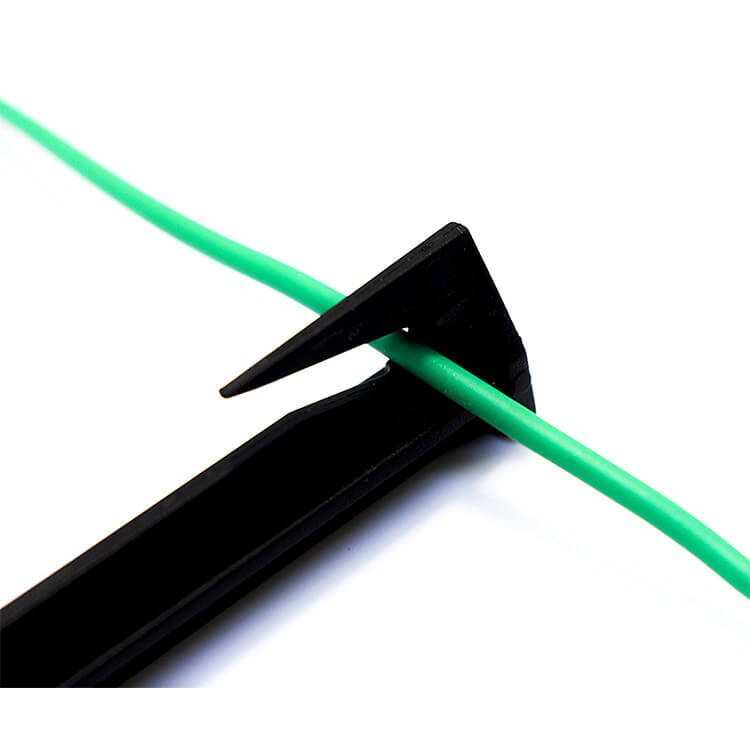
 Abroad:+86 181 5747 1135
Abroad:+86 181 5747 1135 FAX: +86 574 8900 7636
FAX: +86 574 8900 7636 E-mail:
E-mail: 

 read the map
read the map

